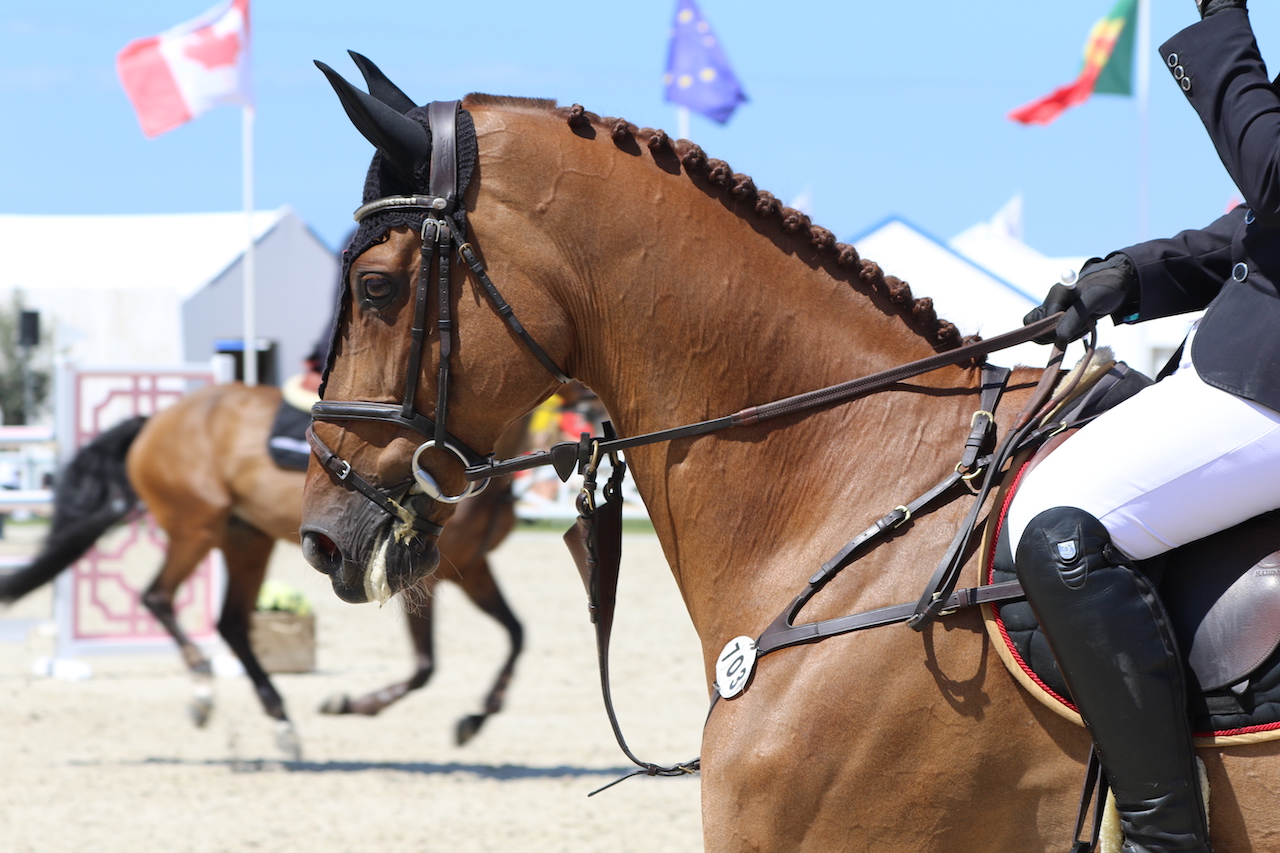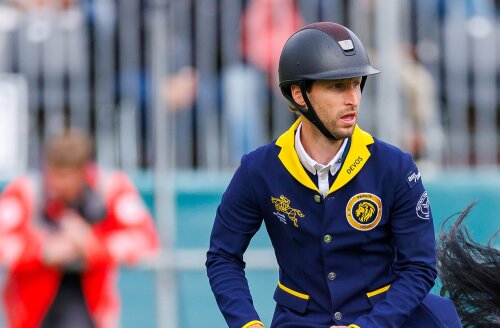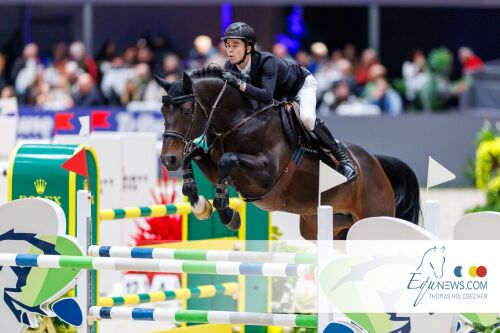In an official statement the IRJC has reacted to the FEI feedback on rule change proposals. "Next year the IRJC will re-submit a number of proposals for FEI rule changes. Only one proposal will be voted upon this week. Others have been disregarded by the FEI for procedural reasons, which is no reflection on their merits!" the IJRC representative says.
"We still have fresh concerns about how blood on the horse is assessed. This reflection on the bloodrule arose at the Paris Olympic Games. The Games surpassed the March 1, 2024 deadline for rule change suggestions. Therefor we will re-submit for 2026!"
The elimination of the Brazilian jumping team at the Olympic Games for a micro presence of blood on a horse's flanks lacked all proportionality. The IJRC felt it warrants immediate review. After Paris, IJRC proposed a re-wording to allow greater degree of discretion as to whether the horse could continue: "Art. 241.3.30 (blood on the horse's flank(s): When the lesion is visible to the naked eye, provoked by an inappropriate act (intending, by inappropriate act, an excessive use of the spurs); and a vet decrees the immediate elimination or disqualification of the pair. A micro lesion which does not cause suffering to the horse does not constitute Horse Abuse and the horse is not subject to elimination." The IJRC argued that, with the growing challenge of social licence to operate, all eliminations appear to the public to be welfare problems or horse abuse, with catastrophic consequences for the image of our sport.
A fundamental principle of law establishes the proportionality between sanctions and violations of the norm - something which is not currently contemplated by FEI regulations. Officials should consider the consequences and any extenuating or aggravating circumstances.
The IJRC believes a distinction should be made between horse abuse (to be established by officials) and all other causes, which should be assessed by a vet as to whether elimination or disqualification is warranted - accidental injury; accidental micro lesions; and lesions caused by an inappropriate act of the rider. The FEI made no comment on the merits of the proposal but has confirmed it will be discussed in the full rules review next year.
Periodic System lets IJRC focus for 2025
"Further in 2019 the FEI introduced a "periodic "system, meaning each discipline's rulebook is only fully reviewed every four years. In the interim, changes can only be made if, for example, they relate urgently to horse welfare. For this reason, some IJRC proposals cannot be considered this year. However, jumping's next full rules review scheduled for 2025, giving the opportunity to debate these issues." The IJRC concludes.
Also the IJRC is still trying to cut-costs for Riders. Of course these have to be in line with organizational costs. "A request that the extra costs/ mandatory fees such as, but not limited to manure, electricity, parking, TVA, etc. must be in line with the list approved by FEI, IJRC, AJO and NARG is still ongoing, with no FEI feedback to report."



